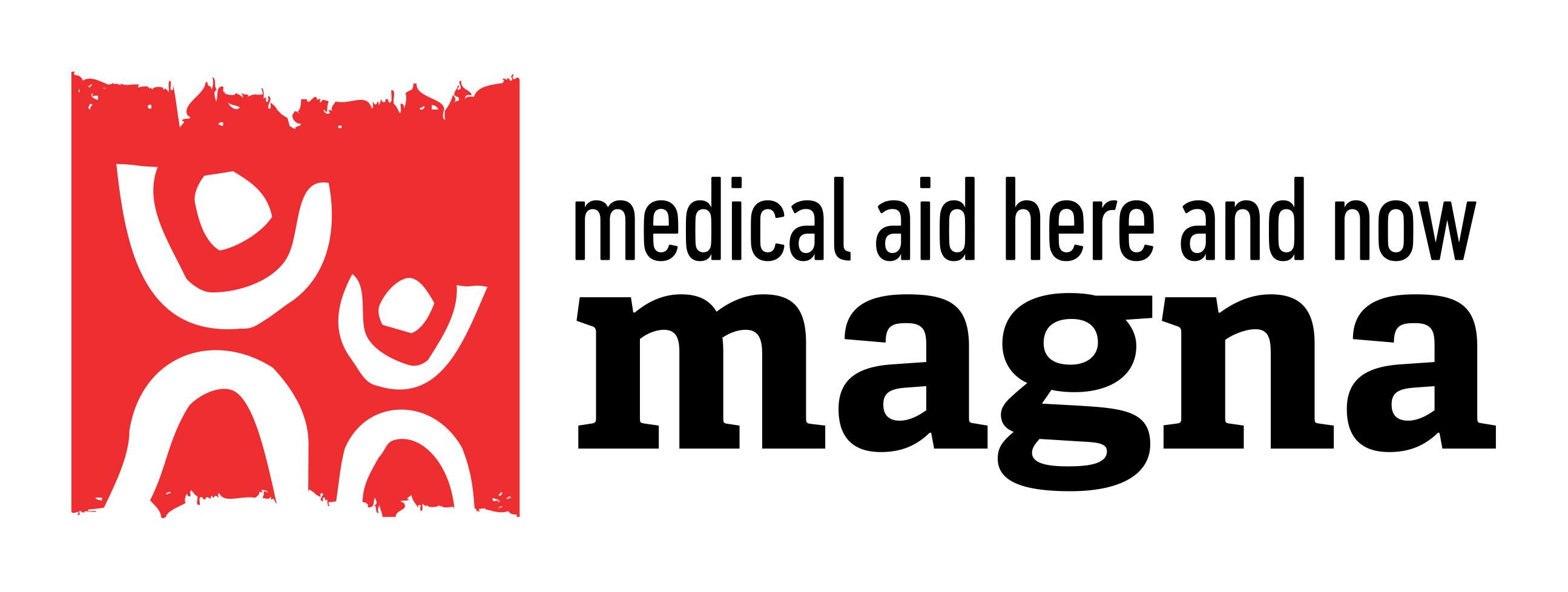BRATISLAVA, SOUTH SUDAN, 20.6.2015 – On June 20, we are commemorating World Refugee Day. On this day, the world honours the courage and determination of men, women and children to escape the violence, lawlessness and persecution in their own homeland. Since the Second World Word, the number of refugees around the world is at its highest today- almost 57 million of them are looking for their new home and safety outside of their home country.
Peter is one of them.
Peter is a former child soldier who came to the neighbouring Kenya years ago still as a child and spent his life in a refugee camp in the north of the country – Kakuma. Once his homeland became an independent country – South Sudan (2011) –he decided to come back to visit his family in the north. However, he did not know that the conflict which hit the country on December 2013 would reintroduce him to a refugee camp only this time in Juba, South Sudan. He lives here again, closed off, without a future and in a constant fear for his life. He has been working with MAGNA Children at Risk as a vaccinator since January 2014 like 40 other refugees.
Magna Children at Risk (MAGNA) has been linked with the refugee topic since its very beginnings. In 2001, we made a documentary about the journey of Tibetan refugees to Dalai Lama in northern India and later about the Burmese refugees on the border with Thailand. In 2011-2012, we helped refugees from Somalia, thousands of whom ran away from war and hunger into neighbouring Kenya. In this area, MAGNA provided therapeutic food to malnourished children. Today, we provide immunization for children and women in refugee camps in Juba, South Sudan.
Countries with the highest number of refugees are Syria, Afghanistan and Somalia, as well as South Sudan where MAGNA has been operating since 2011. The conflict in South Sudan errupted in December 2013 and persists to this day. Up to 1.5 million people have the status of resettled persons or refugees, 4.5 million of inhabitants from South Sudan face food crisis and one third of children under five years are malnourished. Food supplies are limited because of instability that prevails in the country. Humanitarian workers operating in the country are under increased risk of danger and local patrols commonly watch over the houses of inhabitants and recruit young boys to fight.
MAGNA operates in a refugee camp UN House Juba III. For many people, this camp is the only chance to survive. Because of the safety issues, the return home is for many of them unrealistic. Often, there are hostile clashes between inhabitants and newcomer refugees. Living conditions in the camp are catastrophic: the camp suffers from a lack of water, tents are extremely hot, and capacities are overcrowded. Up to 9 people live in one tent, which leads to alarming and deteriorating sanitary conditions, vandalism and increased violence. New places for the next wave of new refugees coming to the country are therefore created artificially. Unbearable sanitary conditions in which people live cause spreading of infectious diseases. The most wide-spread and dangerous are malaria, diarrhea and pneumonia.
We vaccinate almost 8,000 people every month against tuberculosis, measles, polio, diphtheria, pertussis and tetanus. We also provide them with vitamin A supplements, deworming and distribute mosquito nets as a protection against malaria.
